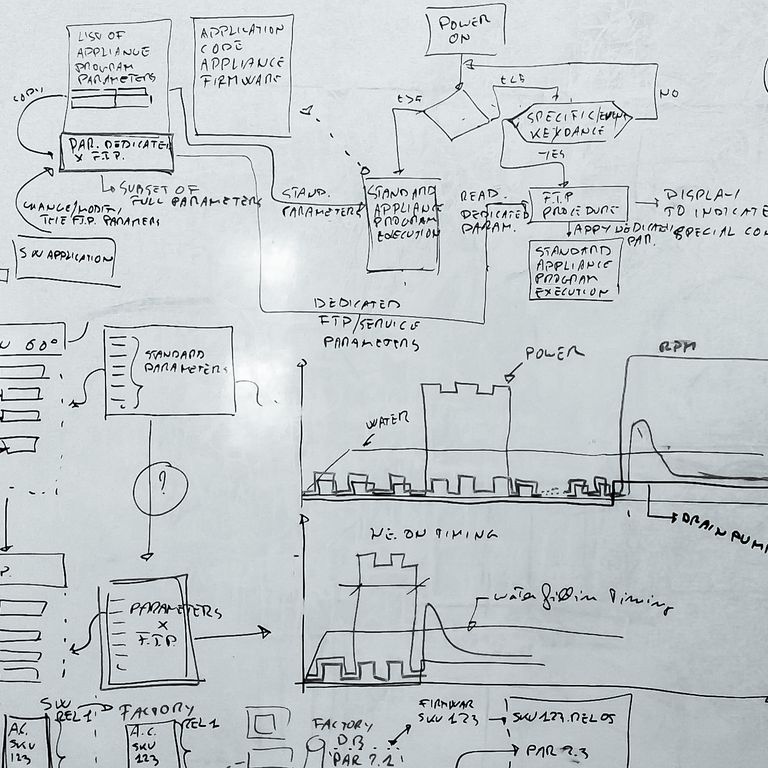Code of Ethics of Engineers
Engineering is not merely a job, it is a profession. This implies that engineers have a responsibility to society and should strive to maintain high levels of ethical and moral conduct.
THE FUNDAMENTAL PRINCIPLES
Using their knowledge and skill for the enhancement of human welfare
Being honest and impartial, and serving with fidelity the public, their employers and clients, and striving to increase the competence and prestige of the engineering profession
THE FUNDAMENTAL CANONS
Engineers shall hold paramount the safety, health and welfare of the public in the performance of their professional duties
Engineers shall perform services only in the areas of their competence
Engineers shall continue their professional development throughout their careers and shall provide opportunities for the professional and ethical development of those engineers under their supervision
Engineers shall act in professional matters for each employer or client as faithful agents or trustees, and shall avoid conflicts of interest or the appearance of conflicts of interest
Engineers shall build their professional reputation on the merit of their services and shall not compete unfairly with others
Engineers shall associate only with reputable persons or organizations.
Engineers shall issue public statements only in an objective and truthful manner

© Copyright , all rights reserved
Abbiamo bisogno del vostro consenso per caricare le traduzioni
Per tradurre i contenuti del sito web utilizziamo un servizio di terze parti che potrebbe raccogliere dati sulla vostra attività. Si prega di rivedere i dettagli nell'informativa sulla privacy e accettare il servizio per vedere le traduzioni.